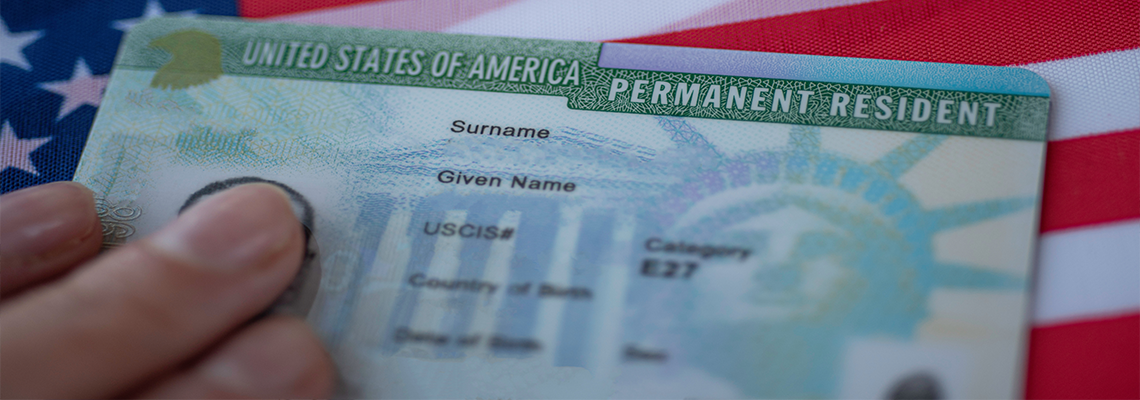
I’m a Citizen. Can My Family Members Be Permanent Residents?
It’s no wonder that becoming a U.S citizen is the hope of so many people across the world given how many opportunities it provides. There are a few ways to start this journey, but you’ll first need to become a permanent resident. A common way to achieve this is to work with a relative who’s already a citizen. If you’d like more information about helping a family member become a permanent resident, contact us at The Torres Law Firm in Corpus Christi, Texas. We provide legal assistance for all your family immigration needs and can serve clients throughout the region including Dallas and Fort Worth.
Petition to Sponsor a Relative
Sponsoring a family member is one way you can help your relatives enter the United States and become permanent residents. If you’re already a citizen, you have the opportunity to sponsor your spouse, children, parents, or siblings. “Sponsoring” means that you have sufficient income and assets to financially support your family member when they enter the country. This generally equates to an amount 125% above the poverty line.
It’s important to understand that your petition to sponsor doesn’t automatically guarantee your relative will be able to immigrate to the U.S. Rather, it puts them on a waiting list with others who are coming from the same country and who have the same relationship to a U.S. citizen. They will also have to pass a background check as well as meet other immigration requirements. Waiting list times vary widely depending on demand, but the waiting period starts from the date your application is approved, so it’s best to file your petition as soon as possible.
Immigration for Relatives
Once you have successfully filed a petition, your relative must wait until they move up on the waiting list before they can apply for a Green Card. However, the time they must wait will differ based on their relationship to you and where they live. If you’re sponsoring immediate family members (spouse, parent, or unmarried children under the age of 21) there is no waiting period, but extended family members may have to wait much longer. There are some countries with much longer lists (such as Mexico and the Philippines) and it’s common to wait for several years before they become eligible to apply. Once they receive their Green Card and come to the U.S., you are then responsible for their financial support. This legal obligation lasts until they become a citizen themselves, or work for approximately 10 years in the U.S.
The Petition Process
To begin to petition to sponsor a relative, you should first ensure the person you want to sponsor is actually eligible as there are some restrictions if you are under the age of 21. You will then need to file Form I-130 with the USCIS, and provide documentation that proves your relationship. If there are any errors in your petition, it can cause delays. This is why it’s tremendously helpful to work with an immigration attorney to ensure you have everything you need before you file.
In most cases, your relative will have to wait outside the U.S. until they are contacted by the USCIS, but if you have immediate family members you’ve petitioned for who are already in the country and entered legally, they can wait in the U.S.
Once they file for a visa you will have to file Form I-864 (Affidavit of Support) to once again prove that you’ll be financially responsible for them. In the case of immediate family members who are already legally in the country, you may be able to file both forms I-130 and I-485 (Application to Register Permanent Residence) at the same time.
Legal Guidance You Can Trust
If you’re in the Corpus Christi, Texas area and need to speak with an immigration attorney about sponsoring a family member, reach out to us at The Torres Law Firm. We can help you understand your options so you can begin the process of reuniting your family in the United States.

